
Campaigns
Hoveton Great Broad fish barrier plan dropped
Anglers in the Norfolk Broads are celebrating the decision by Natural England to drop their controversial plans to erect barriers to fish movements in and out of Hoveton Great Broad – a prime spawning site for the local bream population in the River Bure system.
Leading fisheries scientists and angling representatives had jointly condemned the decision by the Environment Agency in 2020 to grant Natural England a permit to install a fish barrier at Hoveton Great Broad, a private water connected to the River Bure in the northern Norfolk Broads, in order to promote better weed growth. This was despite formal objections from the Environment Agency’s own fisheries staff backed up by seven years worth of fish surveys, studies and tagging costing more than £250,000 of rod licence and taxpayers money.
The extensive fish tracking surveys and a jointly funded Environment Agency and Natural England Bournemouth University PhD project demonstrated conclusively that:
- Hoveton Great Broad is the primary spawning site for bream and other coarse fish species throughout the Northern Broads upon which the £100m angling tourism economy of the Norfolk Broads depends
- It is unlikely that exclusion of spawning bream from entering Hoveton Great Broad will be sufficient bio-manipulation to reduce phytoplankton densities, increase water clarity and ensure macrophyte recovery sought by Natural England
- Previous attempts at bio-manipulation by Natural England have failed in other Broads waterbodies
- There is no evidence that alternative spawning sites will be successful and a high likelihood of lasting damage to fish stocks and other dependent wildlife in the Broads.
In October 2020, solicitors at Fish Legal acting on behalf of the Angling Trust and the Broads Angling Services Group (BASG) issued a successful legal challenge against an earlier decision by the Environment Agency to permit Natural England to install the fish barriers in Norfolk’s Hoveton Great Broad as part of a plan to promote more weed growth.
The court quashed the permit approval after the Agency admitted that it had failed to put evidence into the public domain and they were forced to conduct a second consulation. Following further representations from the Angling Trust and scientists at the Institute of Fisheries Management, the Environment Agency imposed far more rigorous conditions on the project including the need to maintain passage for eels, carry out mitigation works and produce an effective monitoring plan.
All of this has proven too much for the project to meet its March 2023 funding deadline and it seems that the funding has now been withdrawn. The Flood Permit and Planning Consent are also time limited.
The Broads Angling Services Group announced last week that the barriers would not be proceeding following a meeting with Natural England.
BASG Chairman Kelvin Allen said:
“Climate change has shown just how fragile the Broads are to rising sea levels and although we never supported the project’s objectives on isolation and bio-manipulation, things have moved on. With over a million fish lost this summer to salinity levels moving 35kms inland, a new vision is needed to protect the whole Broads rather than the single private entity of Hoveton Great Broad. We have agreed with both Natural England and the Environment Agency to work with them in partnership to find an effective way forward for the whole Broads fishery.”
Martin Salter, Head of Policy at the Angling Trust added:
“Whilst we are obviously delighted that this hare-brained, evidence free, waste of money project has been stopped following a vigorous campaign you have to ask how it was ever allowed to get this far. Natural England should take off their anti-fish blinkers and look at the real reasons for declining water quality including the build up phosphates and sediment from agricultural and sewage treatment works.”
Top fisheries scientists at the Institute of Fisheries Management, who formally reviewed the project, maintained their strong opposition throughout judging the barriers to be potentially harmful and recommended that they should not proceed.
IFM Director of Operations Paul Coulson said:
“This was an ill-conceived project from the beginning, which given the mountain of their own costly evidence showing negative consequences to both the fish populations and wider ecology of the Broads should never have left the drawing board. We are therefore pleased to hear that Natural England are not proceeding with the fish barriers and look forward to them investigating the many other causes behind the poor water quality of the Broads with increased rigour.”
Justin Neal, Solicitor at Fish Legal, added:
“From start to finish, this project was bound to fail. The experts said it was a bad idea, yet the Environment Agency and Natural England seemed relentless in their push to make this white elephant a reality. The phosphate problem has been caused by years of relentless phosphate pollution from agriculture and sewage. It is regrettable that we had to involve the courts and the whole thing has proved to be a waste of time and public money. Now, perhaps, these agencies can get on with the job of preventing pollution and improving the environment.”
Want to find out about how you can help us do more? The more members we have, the stronger we can be on your behalf. Give us your support and join today
Notes:
1) BASG statement
On Thursday, 27th October, BASG met with Natural England to discuss progress with the Hoveton Great Broad project.
These meetings have been occurring monthly since the formal closure of the joint Angling Trust & BASG legal challenge in January 2022.
This year has exposed the frailty that the Broads are facing with climate change and the damaging saline incursion right across the Broads.
BASG has pushed extremely hard on these issues and challenged what the statutory bodies are doing to counter this, set against the single objectives of restoration of Hoveton Great Broad.
We are therefore not surprised that some lessons have been learnt and the current isolation plans have been abandoned, whilst they review the improvements in phosphate levels post sediment removal and general water quality within the Broad.
Focus will now be on monitoring for a wider set of metrics and work to enable cleaner River Bure water to flow through the Broad.
We would like to thank Natural England for their positive open approach in recent months, as we look at new ways in protecting the wider Broads Ecology together.
2) Environment Agency National Fisheries Team response
During second consultation, the Environment Agency’s National Fisheries Team warned that bio-manipulation schemes are only likely to be successful in ‘closed systems’ rather than the River Bure catchment which links the Broads and that the Environment Agency had a duty to ‘protect and improve’ fisheries and a legal obligation to maintain passage for eels. They also raised concerns over monitoring and questioned whether fish are indeed responsible for the condition of Hoveton Great Broad when it is heavily impacted by nutrients from agriculture and other sources.
You might also like
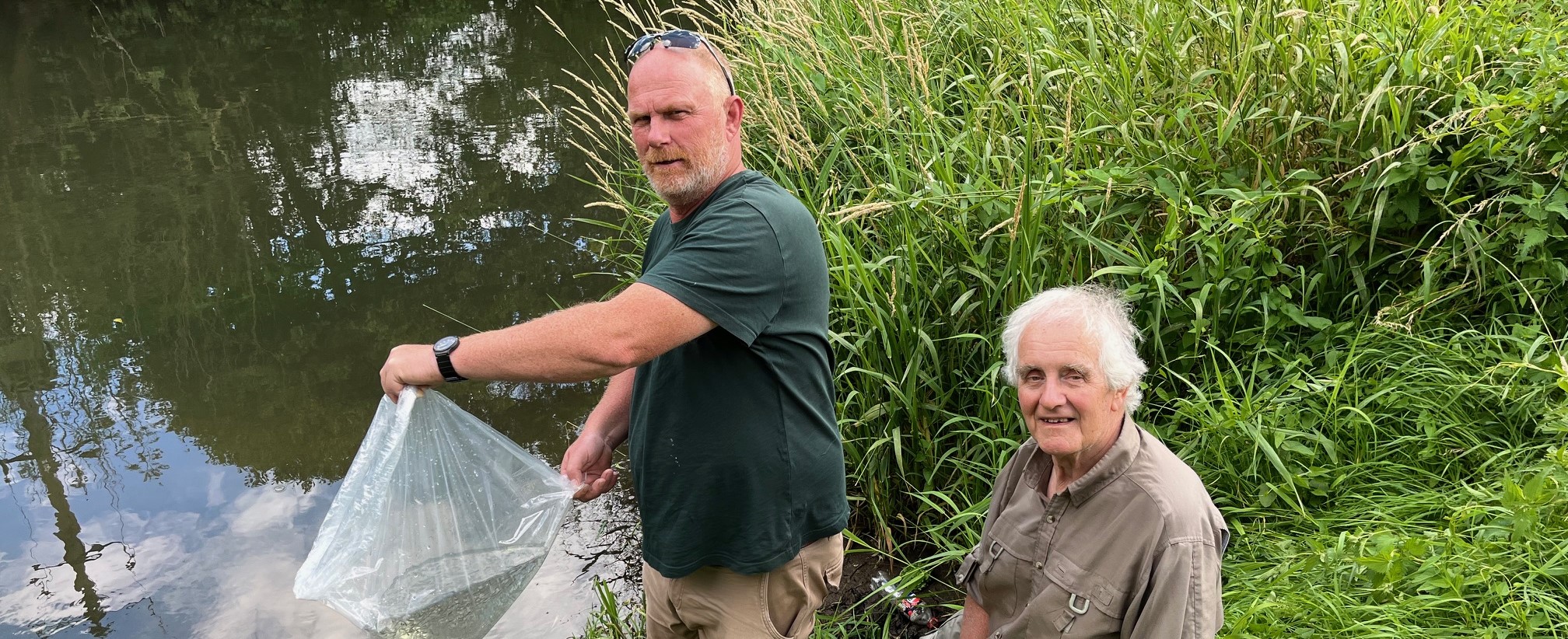
New Kennet Hatchery Releases First Reared Fish
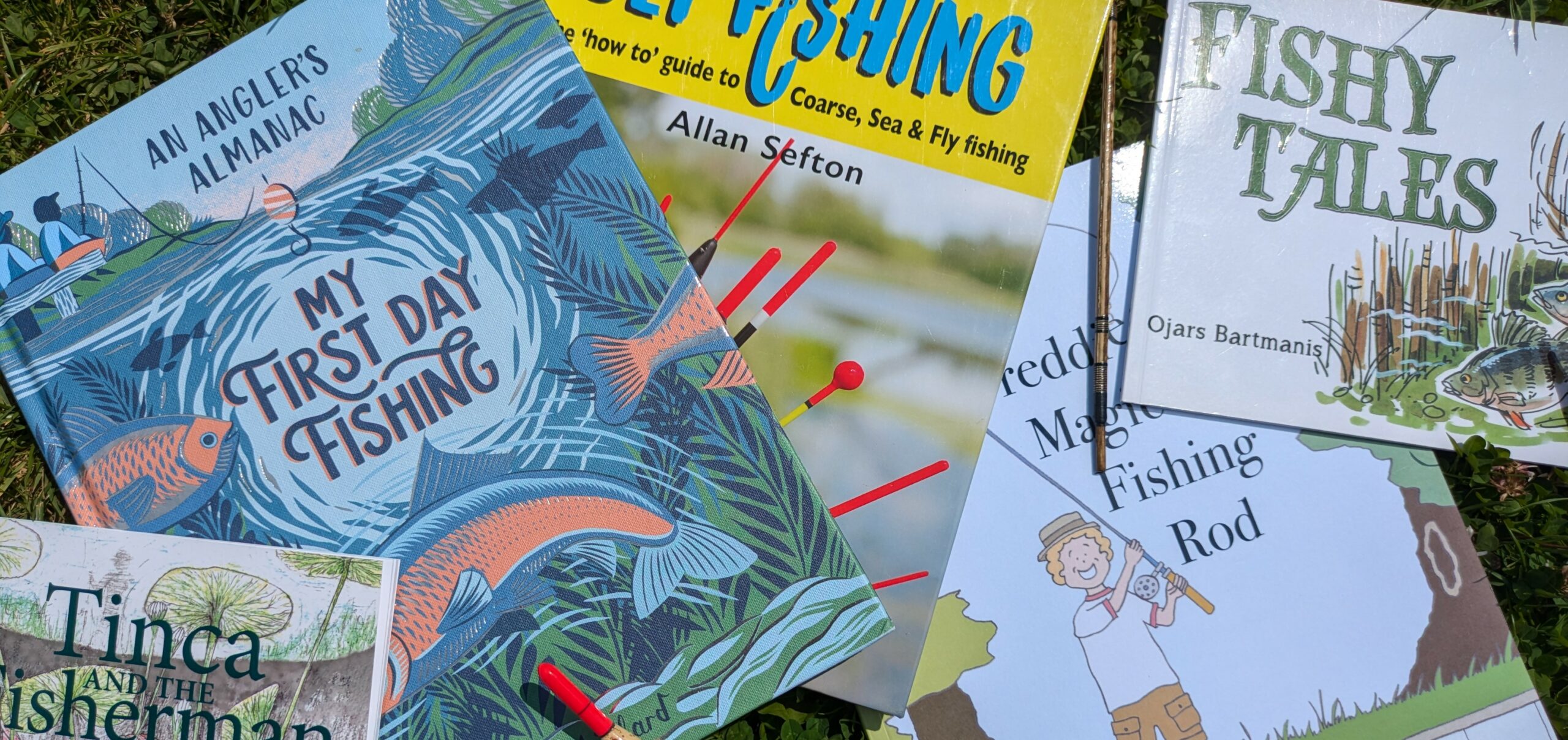
Fishing Books for Kids

UK Recreational Catch-and-Release Bluefin Tuna: A step closer to…
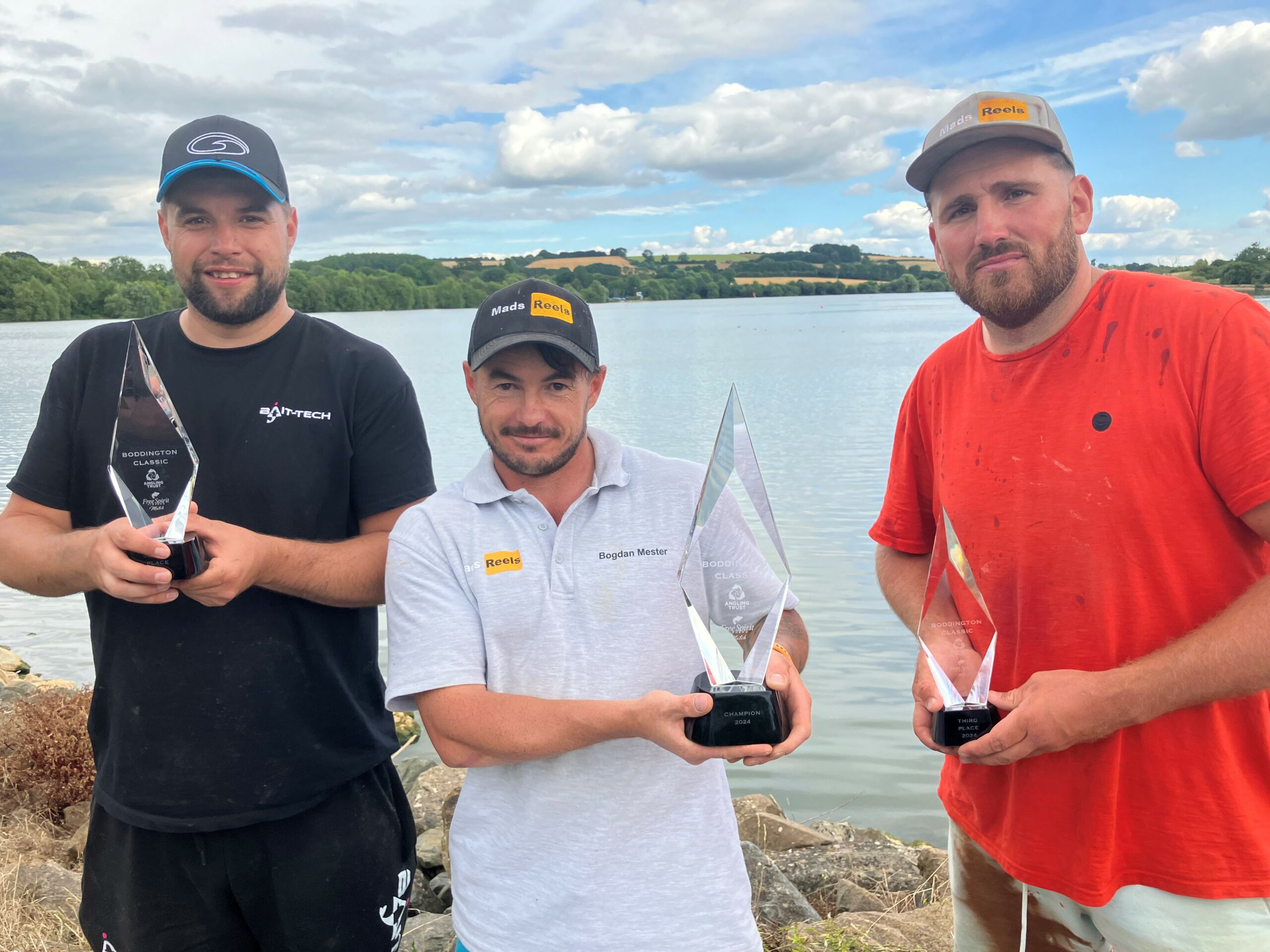
MESTER THE MASTER AT FREE SPIRIT MATCH BODDINGTON CLASSIC…
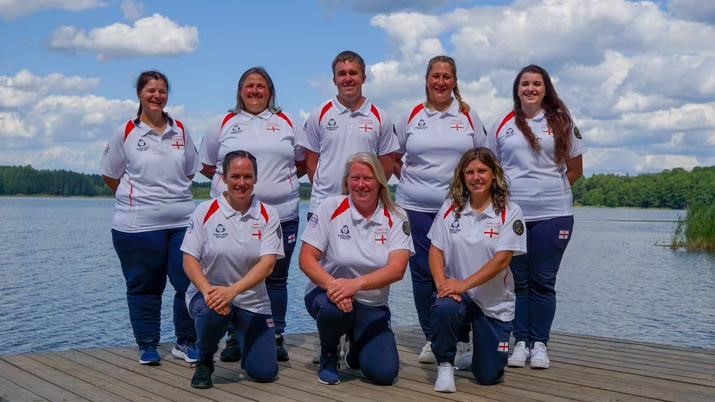
ENGLAND LADIES CARP TEAM MISS MEDAL ON TOUGH LATVIAN…

Angling Trust urges government to go further and faster…
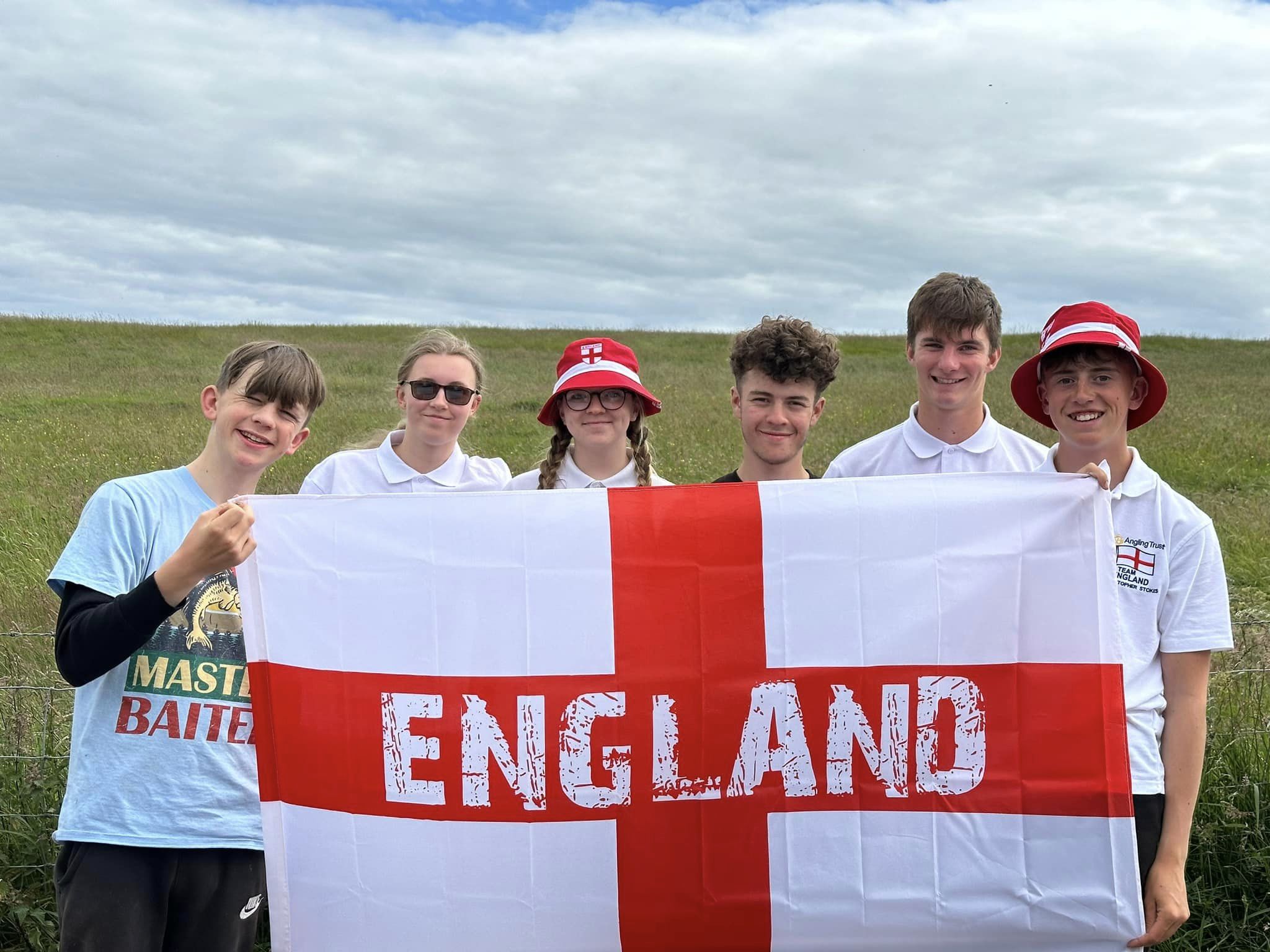
ENGLAND YOUNG GUNS LEAD THE WAY IN HOME NATIONS…
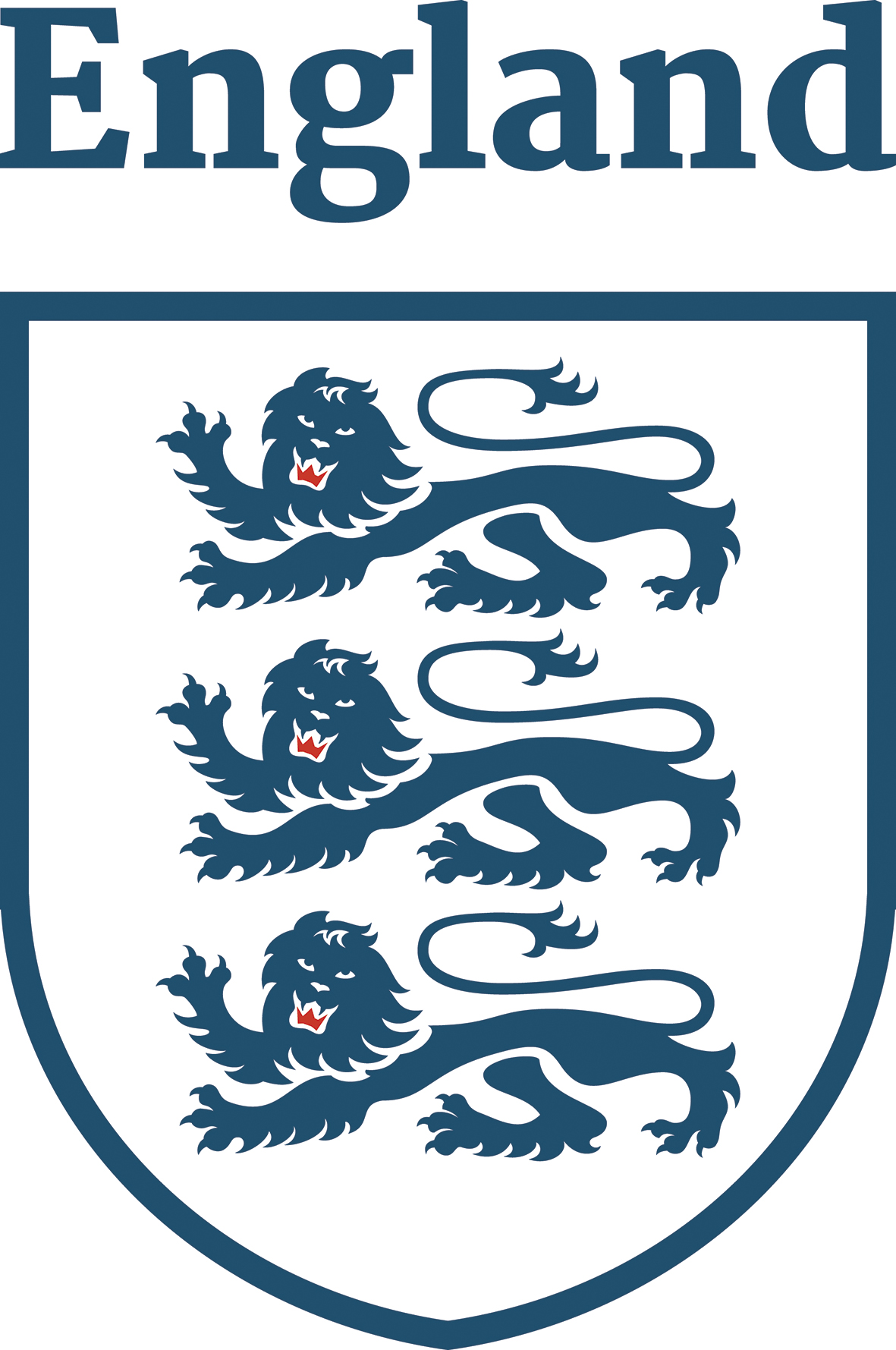
AMAZING ENGLAND COMEBACK SECURES EURO CHAMPS BRONZE
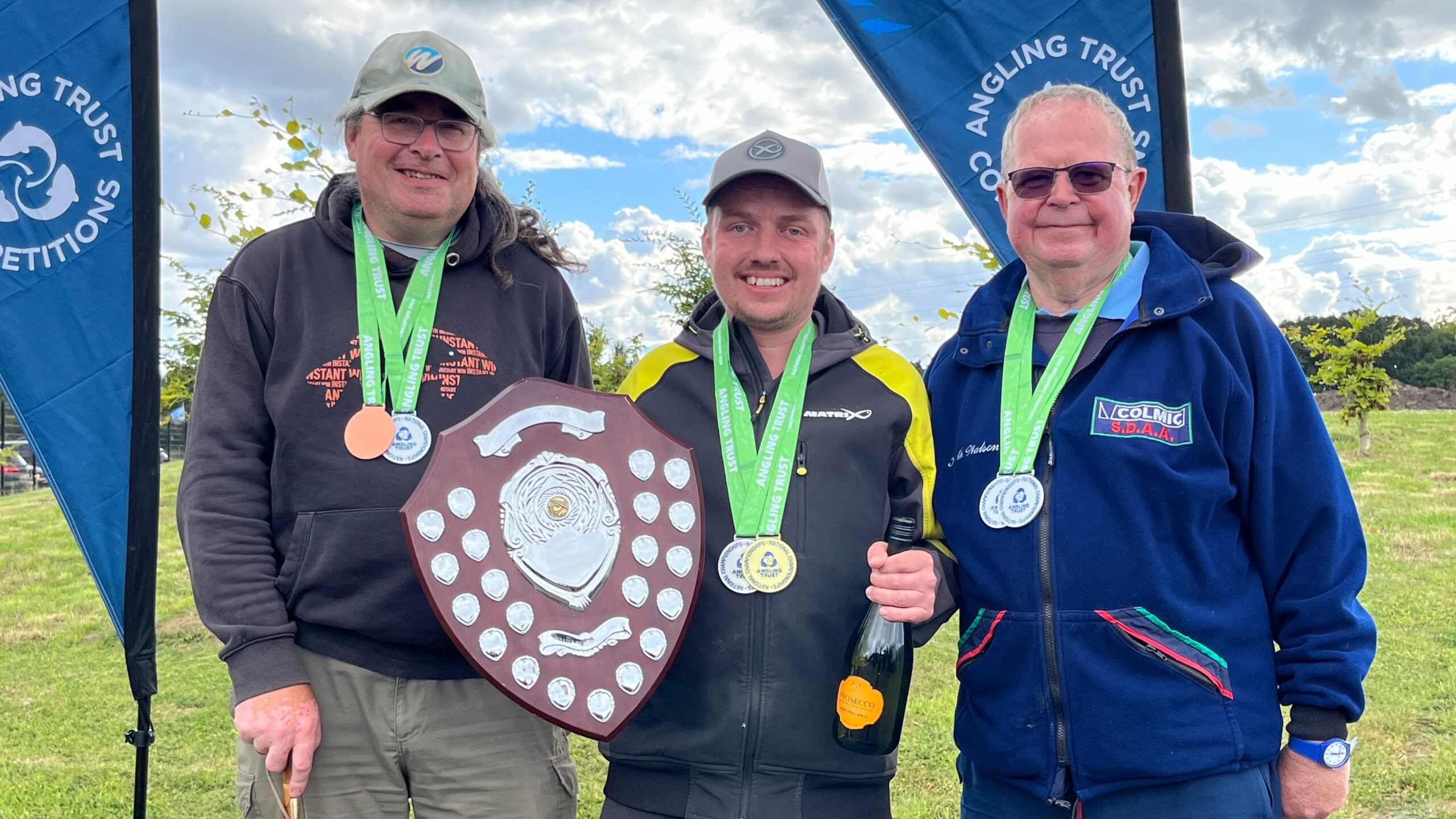
ELLIOT BAGS THIRD NATIONAL WIN AT MARSTON!

PATIENT APPROACH WIN WOMEN’S NATIONAL FOR LEANNE!
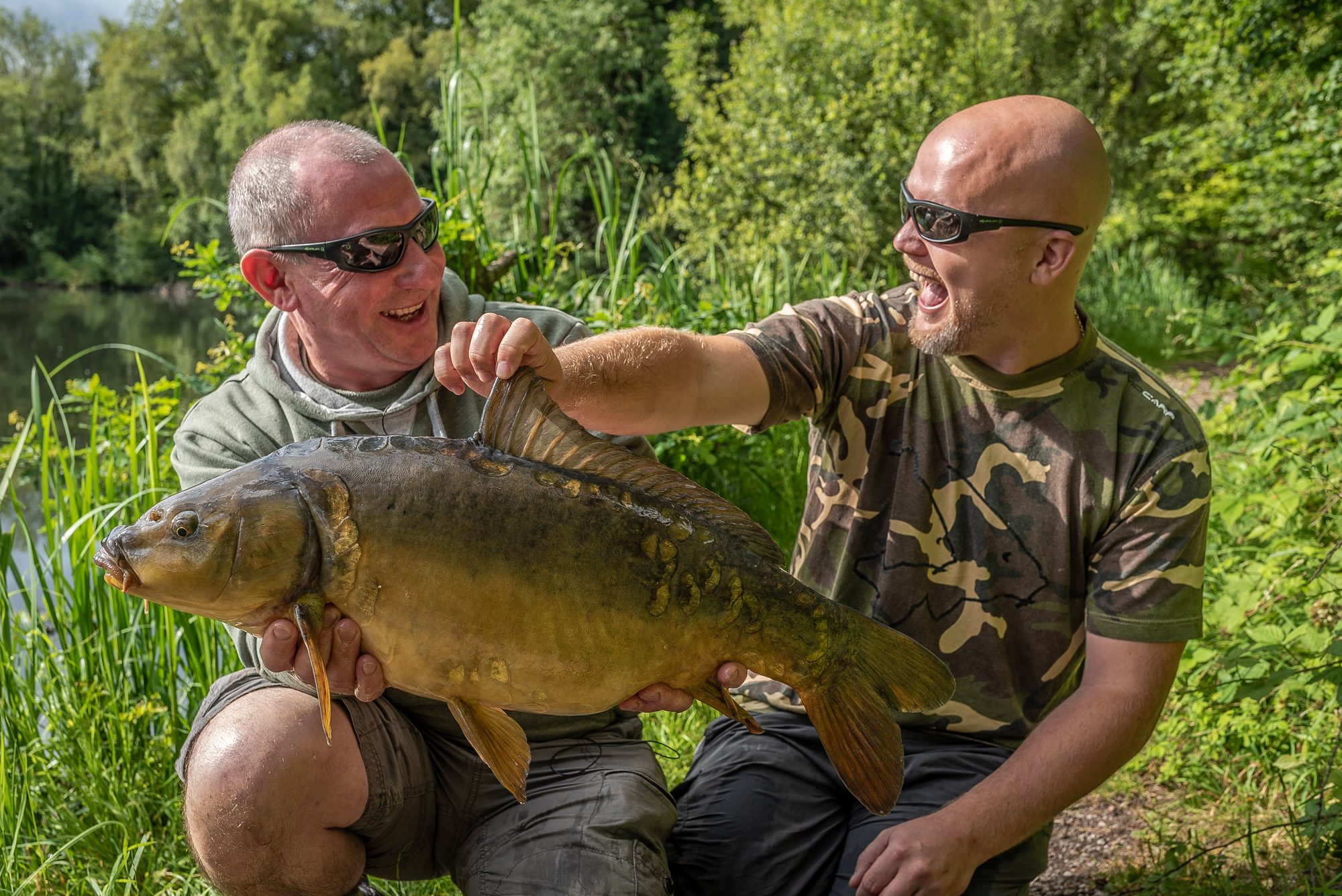
Take a Friend Fishing
27th July to 1st September…









